The Hyundai Ioniq 5 was unplugged once from the charger at our Pune office. For the next dose of electricity, it would have to reach Panaji, Goa.
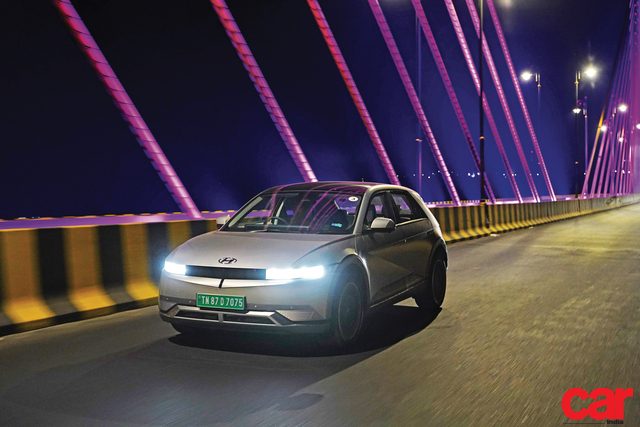
Story: Joshua Varghese
Photography: Apurva Ambep
For enthusiasts, cars are like family. They are beings that can be trusted and relied upon to deliver when we need them most. After growing up enjoying and relishing the thrills of internal combustion engine (ICE) cars, all of us are now discovering the benefits and drawbacks of fully electric ones. The technology may be different but the feeling remains the same. While electric vehicles (EV) are bridging the gap between themselves and ICE cars at a remarkable rate, the biggest area of concern for most people continues to be range. One, how far can an electric car go non-stop before it needs recharging and, two, is it safe to run it at high speed for that long?
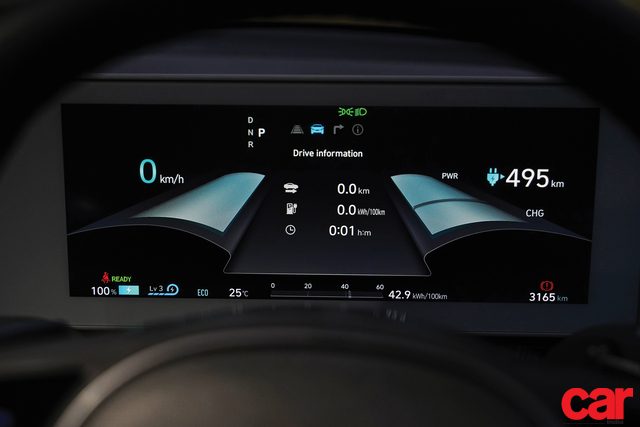
To face a challenge like that, we needed a car and the Hyundai Ioniq 5 came to mind first. At the 2022 World Car Awards, it had won a few accolades, including the coveted World Car of the Year. It was voted the largest number of points from a pool of several ICE and electric cars from around the world. A perfect choice for our latest challenge then. With a long weekend approaching, it made sense to head to the party capital of the country and to make things more interesting, we would do the trip non-stop.
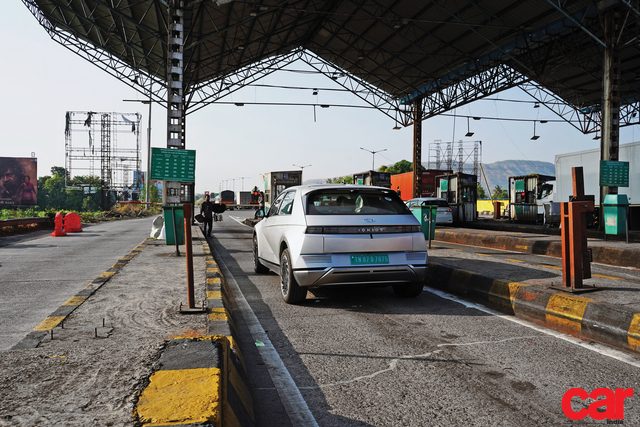
Once unplugged from the charger at our Pune office, the CCS 2.0 fast-charger in Taj Convention Centre in Panaji, Goa, was our destination. Using the 12.3-inch touchscreen and Android Auto, my smartphone informed me that the journey would be 437 kilometres long. Concurrently, in Eco mode, the Ioniq 5’s driver display showed a reassuring 495 km of range. I agree, that may not seem challenging initially but given the number of variables at play, I could not afford to be complacent just then. Small things that we take for granted in ICE cars make a difference to the rate at which charge is depleted in an EV. They include the headlights, horn, air-conditioning, and sound level of the music system, among others. Furthermore, there were ghat sections to climb, highways to cruise on, and traffic jams to endure on the way.
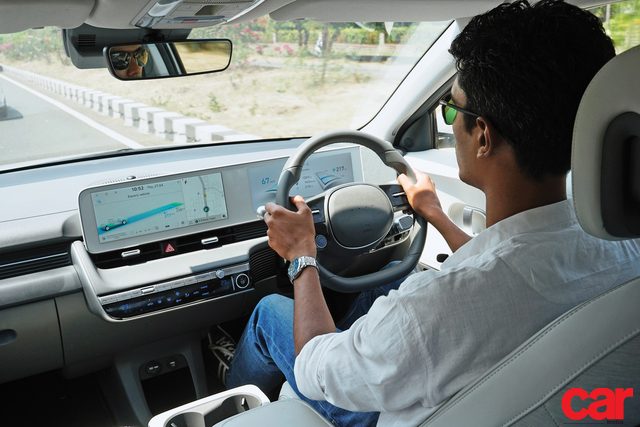
After covering a little more than 50 km, we had depleted just about 10 per cent of the charge but that did not worry me one bit because it is easy to be composed in the cabin of the Ioniq 5. This car costs Rs 45.95 lakh (ex-showroom) but it looks and feels like a more premium product from all angles. Surrounded by a futuristic white interior that was markedly roomier than most cars and cosseted by a plush seat along with other luxuries, things like the state of charge do seem trivial. The Ioniq 5 ensured that attitude endured as the kilometres flew by; faster than the battery depleted, of course.
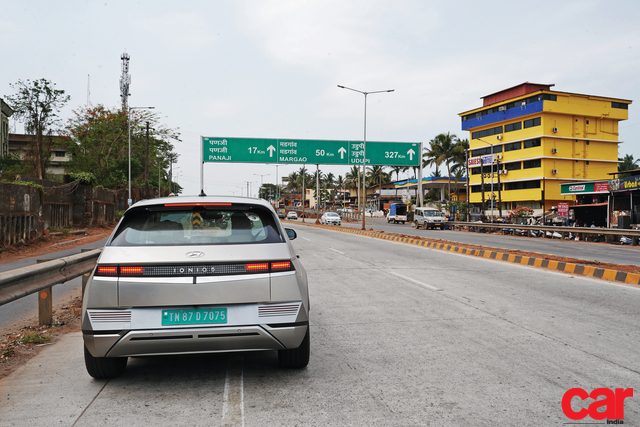
With a capable suspension set-up and a centre of gravity that was close to the ground, the Ioniq 5’s sport intentions were clear. To sweeten the deal, Hyundai also threw in a motor that dishes out 217 hp and 350 Nm to the rear wheels. All of that translates into confident pace on the highway and around corners. Confidence that remained unshaken even when the state of charge fell to 62 per cent. The car promised 250 km of range and the destination also appeared to be manageable, but we were yet to ascend the Amboli Ghat; our biggest challenge yet. Shortly after Kolhapur, the battery finally dipped below half capacity, but since we had covered more than half the distance, we continued unperturbed.
Then it was time to bid adieu to NH 48 and along with it to all the conveniences of a national highway. The simple two-lane road that followed did not let me hold speed for long owing to a variety of interruptions, including pedestrians, stray animals, speed-breakers, slow traffic, and road works. For the first time since we left, the buffer we enjoyed between the predicted range and the distance to cover began to deplete. Then there was the Amboli Ghat to climb.
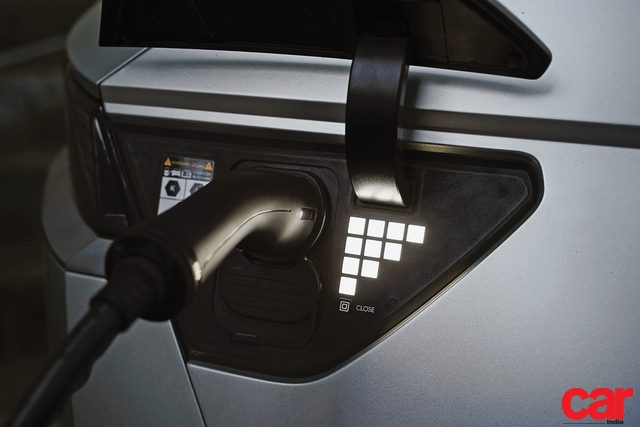
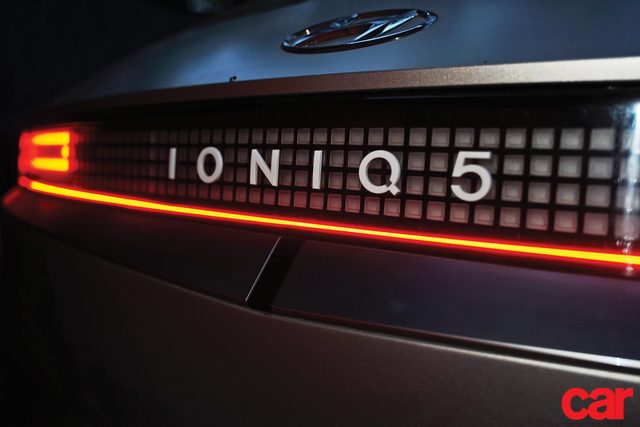
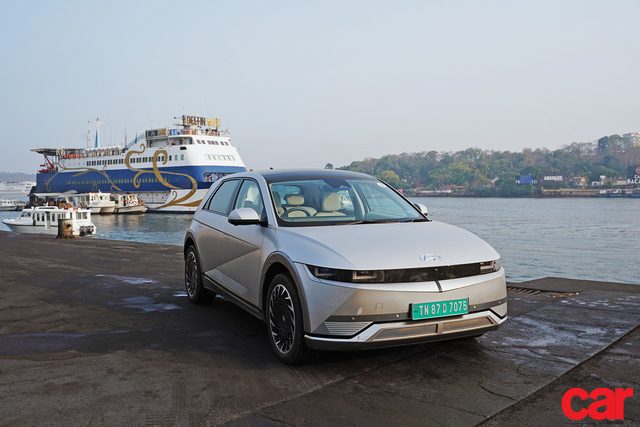
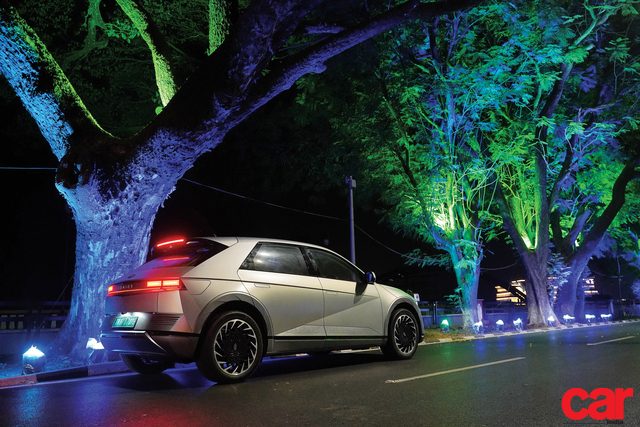
Along the curvy blacktop of the hill, the Ioniq 5 was a joy to drive but it came at the expense of precious electricity and when I reached the top of Amboli Ghat, 25 per cent was all the car had left and just about enough range to reach the destination. This was where the biggest serving of anxiety arrived. A couple of flicks on the paddle and the Ioniq 5 was in its highest level of energy regeneration and down the zigzag road we went. At the end of that exercise, the car managed to harvest three per cent of charge, taking the total back to 28 per cent. Sure, it may not seem like much but our predicted range was once again greater than the distance that remained to be covered. When NH 66 arrived to guide us into Goa, the situation was the same and I heaved a sigh of relief. Eventually, I saw 10 per cent state of charge switch to nine which should have been a cause for concern but it was not. Not for me. Not that day. Not in the Ioniq 5.
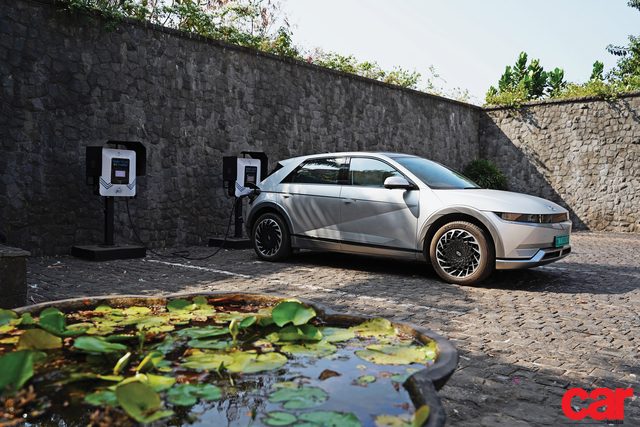
Then the console proudly displayed 44 km of range against nine per cent of charge and rightly so. Having driven the Ioniq 5 for so long, I had come to trust it and if the car said it was good for another 44 km, then I knew it would be so. Of course, it lived up to the bargain and we reached the CCS 2.0 charger in Panaji with six per cent of charge on the clock and 27 km in range left. Mission accomplished.
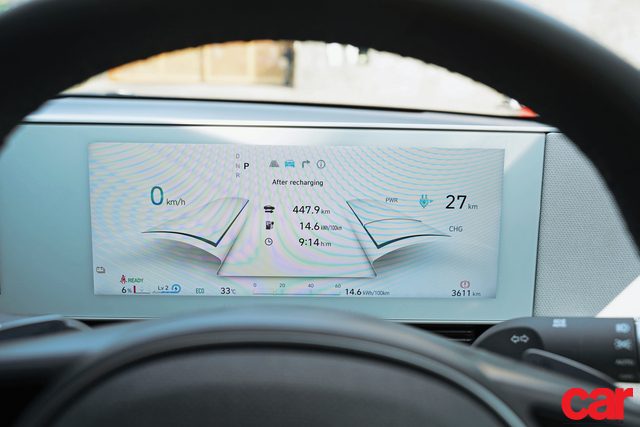
At the end of my drive, one thing became clear. Like any other car, this one was also somewhat human. If personified, the Hyundai Ioniq 5 could easily be described as a handsome, honest, and efficient individual. The car’s retro-modern styling and unique lighting elements explain the elegance and using just 94 per cent of its battery capacity to cover 448 km further cements its efficiency. However, what I liked best about this car was its trustworthiness. It delivered exactly what it promised, like a reliable person. Even in the face of adversity, the car stood true to its word and just for that, the Ioniq 5 joins the ranks of cars that will always remain immortal to me.
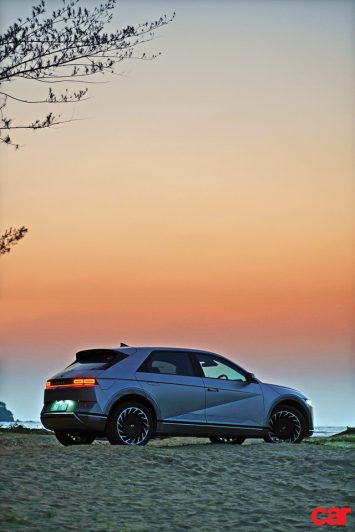
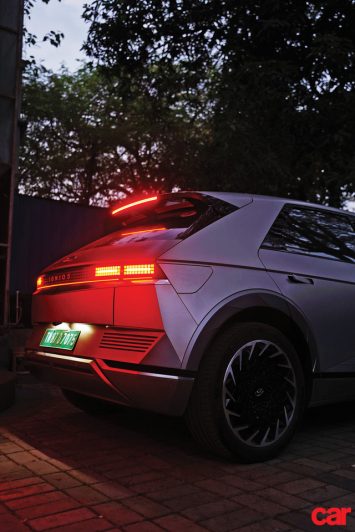
Also Read: 2023 Škoda Kodiaq Review


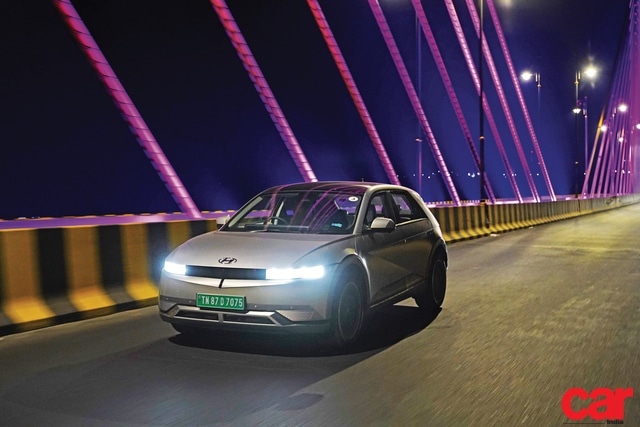

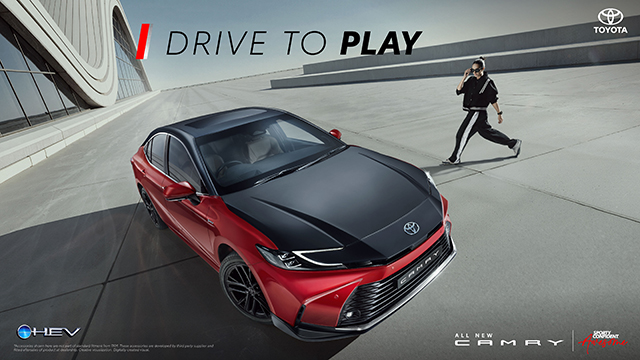
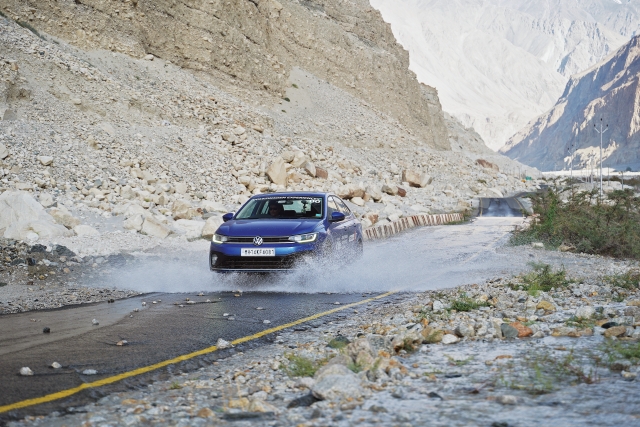
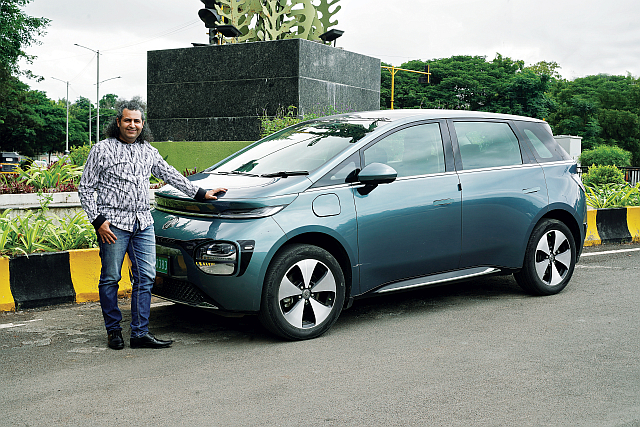
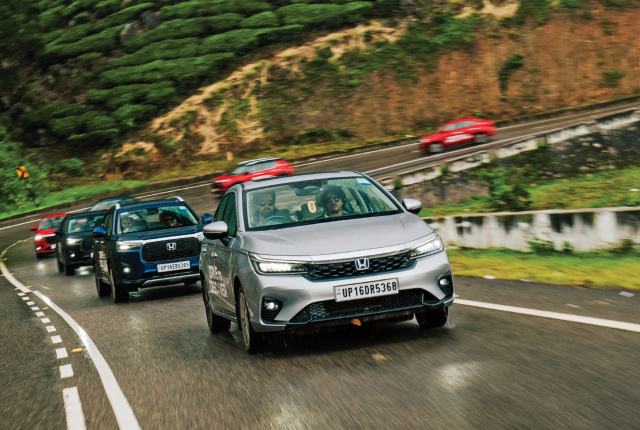
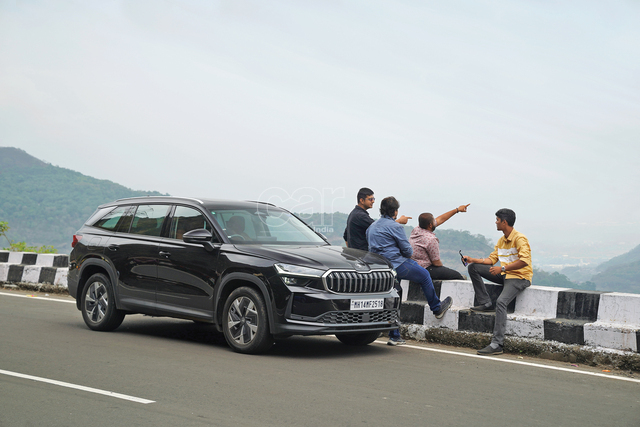


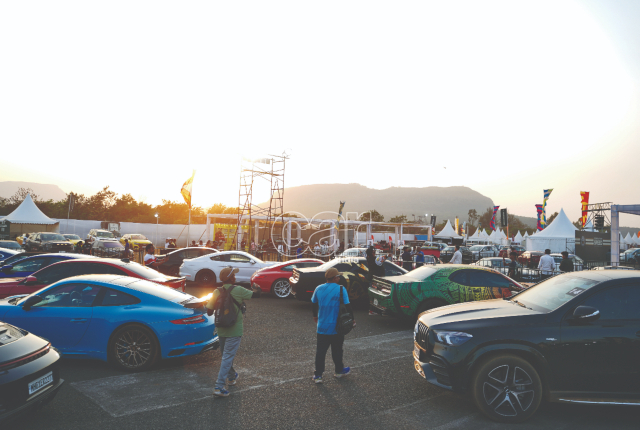
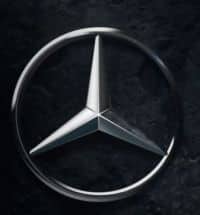
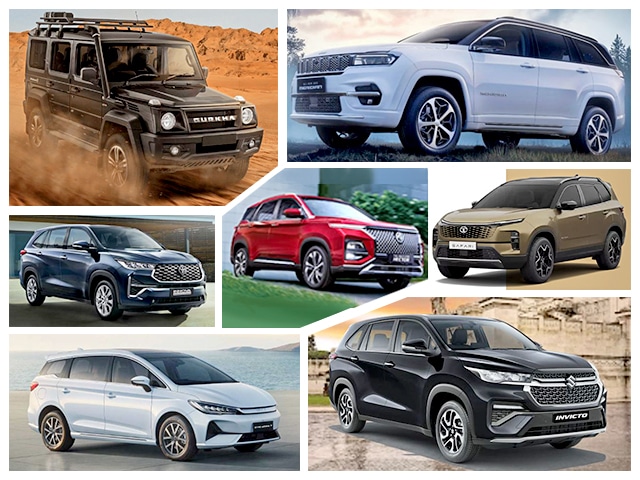

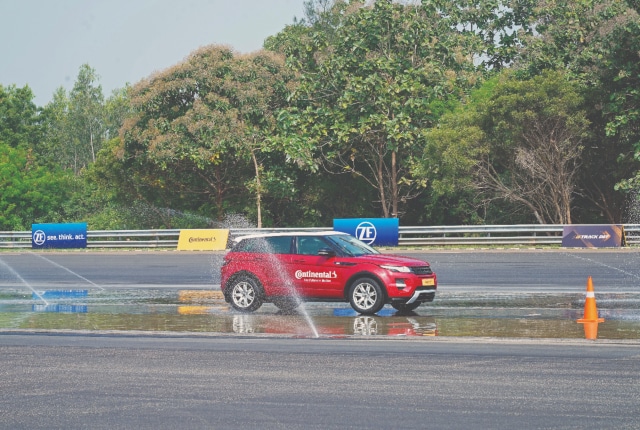

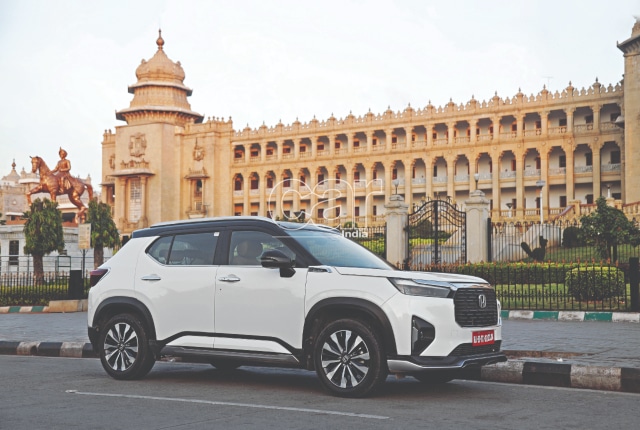
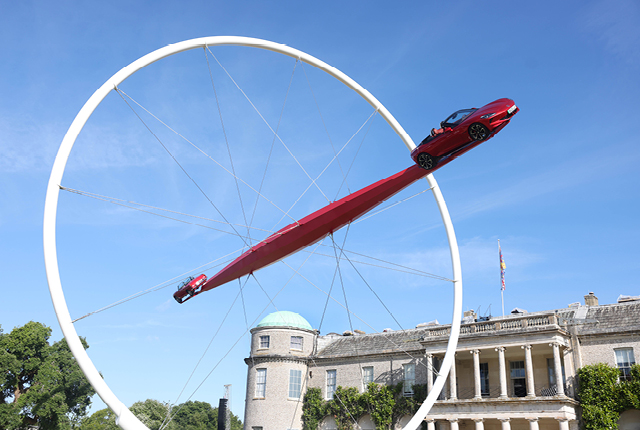

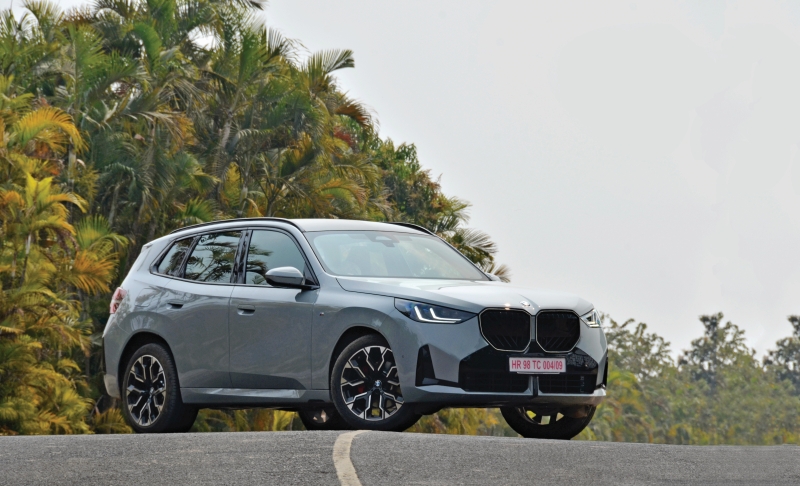

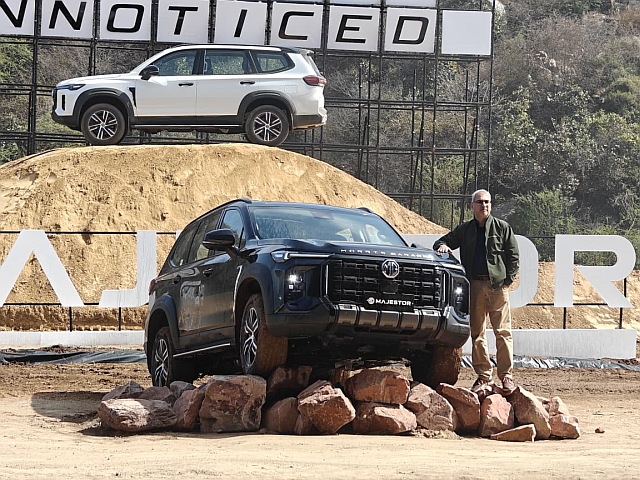
Leave a Reply